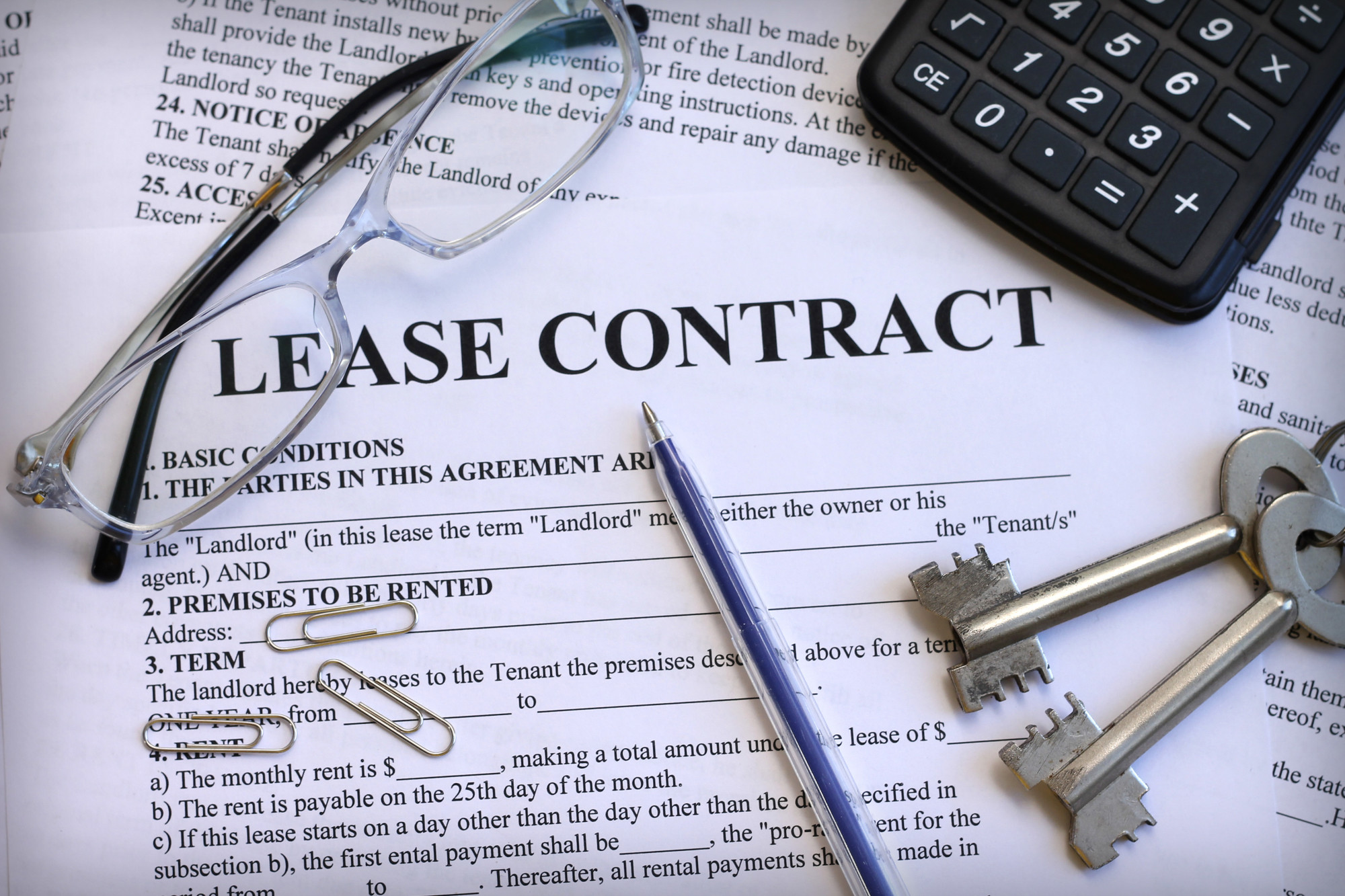It's every landlord's nightmare: a tenant has been refusing to pay rent, bothering other tenants, and breaking the terms of their lease. You don't want to have to take action, but it's at a point where you don't have many other options. Unfortunately, you don't know how to enforce a lease agreement.
We want to help you. Lease enforcement is crucial for any landlord. Even if you never have to enforce your lease on unruly tenants, it's best to plan ahead.
Keep reading to learn all about how to enforce your lease when things go wrong.
Make Sure Your Lease Has No Loopholes
There's a reason that landlords often work with lawyers and management companies to write their leases. Not all leases are legal, some have loopholes, and sometimes the lease is invalid to start with.
For example, are oral leases enforceable? If you have a verbal lease with your tenant, it's most likely that it's valid (at least within the first year), but it's more difficult to enforce because it isn't on paper.
You may also think that you had something written in your lease, but upon a re-read, it's not there. In this case, your tenant may not be violating their lease at all. This is the responsibility of the landlord instead of the tenant because the lease is legally binding.
You may also run into tricky territory if you've ignored the lease for other tenants. A landlord not enforcing the lease agreement for some tenants but enforcing it for others could lead to complications.
Talk to the Tenant First
If the tenant did in fact violate a legal lease, it's in your best interest to talk to them first. It's possible that the tenant didn't know that they violated the lease (especially if they've been living in the unit for a long time).
Sending an informal note or having a phone conversation with the tenant may be enough to get them back on the right track. It's always a good idea to assume that the client has made a mistake rather than intentionally done something wrong.
Serve a Written Notice
If the lease violation was extreme, or if the tenant hasn't changed their behavior after the informal notice, it's time to serve a written notice.
For a written notice, you either need to send it via certified mail or hand it to the tenant in person. The notice should include a brief period of time in which they're able to amend the situation or agree to vacate the property. In Virginia, you need to give them a 30-day notice to comply or vacate.
Eviction: When to Go Through With It
If the tenant hasn't been cooperative, you may have to go through the eviction process. Keep in mind that the process is tricky, so it's in your best interest to have a lawyer help you.
You'll have to file appropriate paperwork (talk to your management company for more details) and serve a court summons to the tenant. The tenant doesn't need to respond; they just need to attend the hearing.
If the landlord wins, they can begin the moving-out process. Landlords are unable to forcibly remove unruly tenants from the property. Law enforcement officers must be there.
Lease Enforcement: Are You Ready?
Lease enforcement is tricky. In a perfect world, no tenants or landlords would ever have to deal with this process. If, however, you end up with a problematic tenant, use this quick guide to help.
Are you looking for help with your property? At HomeRiver Group, our experienced property management professionals are here for you. Contact us so we can start working together today.














